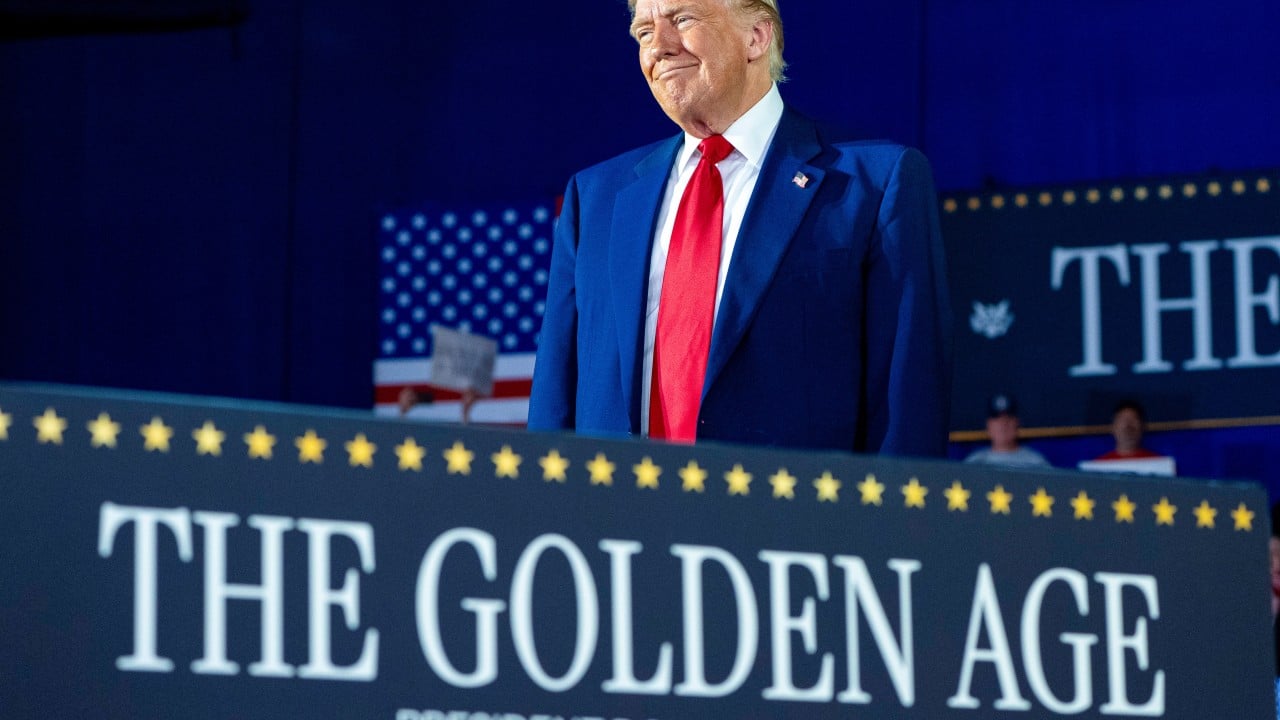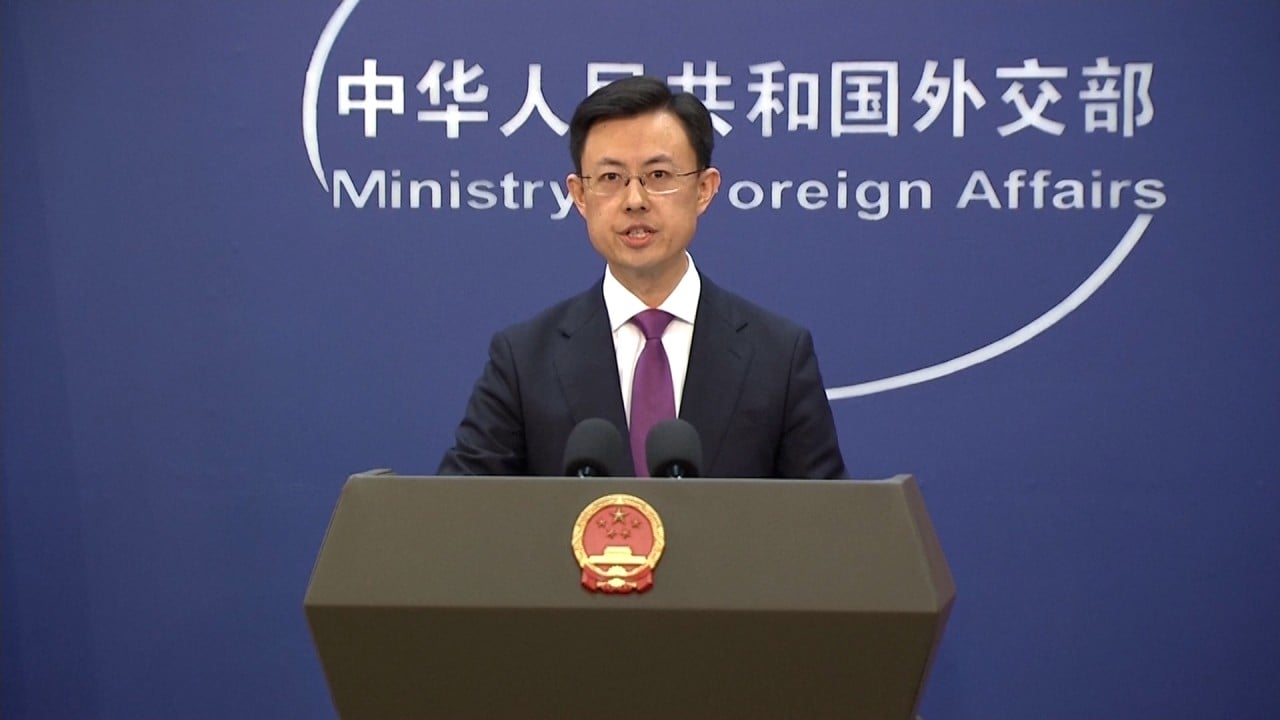The White House has framed US President Donald Trump’s sweeping tariffs policy as the end of “the era of economic surrender”, positioning it as a cornerstone of his economic agenda.
Advertisement
Tuesday marked the 100th day since Trump’s return to office – a symbolic milestone the president and his aides are using to spotlight what they called key early achievements.
However, official press releases from the White House and Treasury Department made few direct mentions of tariffs, and no reference at all to “reciprocal tariffs,” instead emphasising broader economic indicators such as job growth, investment, inflation and regulatory cuts.
The documents made no mention of any new trade negotiations in progress as Trump, in a 90-minute speech in Michigan on Tuesday, revived claims that countries – “even China” – were reaching out to negotiate trade deals to avoid tariffs.
During the speech he once again justified his hefty tariffs on China.
“Yeah, they’re coming from China too. Yeah, they’re coming from China. They’re coming from all over the world,” he told his supporters. The assertion came despite China’s repeated public denials that any trade talks with the US under way.
Advertisement
Trump described “China tariffs” as a historic effort to curb “the greatest job theft in the world”, saying no other country had “taken more jobs” from the US.
However, he emphasised that the tension around tariffs “doesn’t mean we’re not going to get along, we get along with China … They want to make a deal”.


